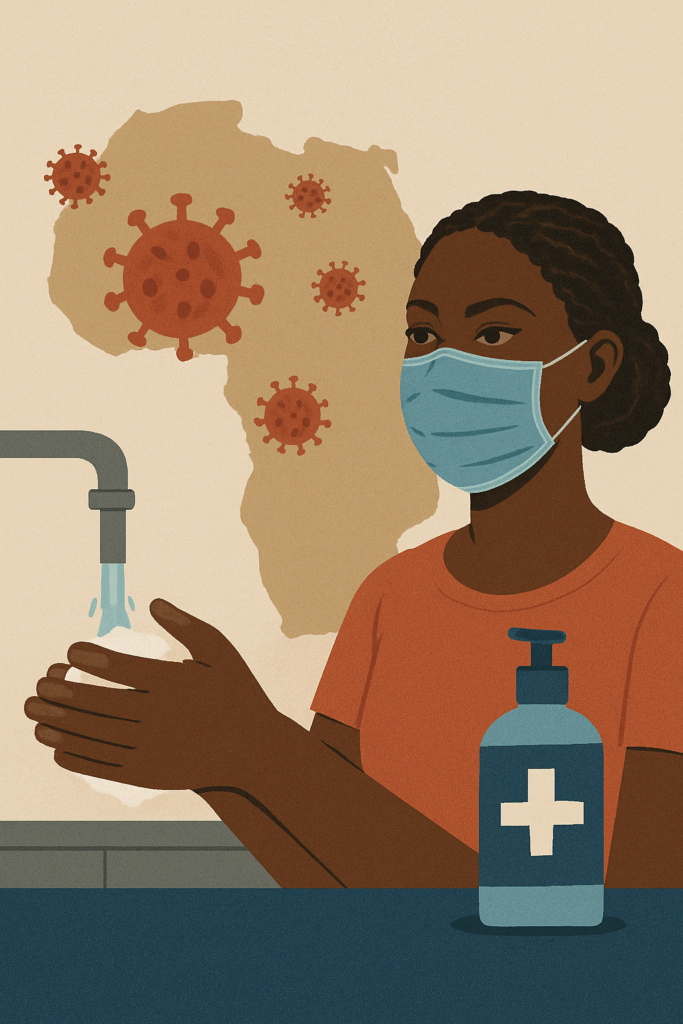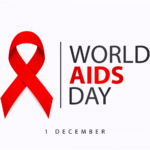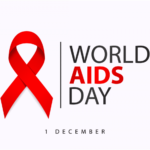Infectious Diseases in Africa: Prevention & Preparedness

Infectious diseases remain a pressing health challenge in Africa. Despite major progress in reducing HIV/AIDS, tuberculosis (TB), and malaria, the continent still carries a heavy disease burden. In addition, emerging outbreaks like Ebola and COVID-19 have exposed gaps in preparedness. Strengthening prevention strategies and building resilient health systems are essential for protecting lives, economies, and communities across Africa.
The Burden of Infectious Diseases
-
Malaria: Over 90% of global malaria deaths occur in Africa, with children under five most affected.
-
HIV/AIDS: Sub-Saharan Africa accounts for nearly two-thirds of global HIV cases, with millions relying on ongoing treatment.
-
Tuberculosis (TB): Still one of the top killers, especially among people living with HIV.
-
Emerging Diseases: Ebola outbreaks, Lassa fever, and the COVID-19 pandemic highlighted the need for stronger preparedness.
Why Africa Faces a High Disease Burden
-
Weak Healthcare Systems – Limited staff, diagnostic tools, and medicine access.
-
Poverty and Inequality – Poor sanitation, unsafe water, and malnutrition increase risk.
-
Climate and Environment – Warm, humid conditions support malaria-carrying mosquitoes.
-
Urbanization and Mobility – Dense cities and cross-border travel spread diseases quickly.
Prevention Strategies That Work
-
Vaccination Programs – Scaling up vaccines for measles, polio, HPV, and the malaria vaccine.
-
Vector Control – Distribution of insecticide-treated bed nets, indoor spraying, and environmental sanitation.
-
Testing and Early Detection – Rapid testing for HIV, TB, and COVID-19 improves outcomes and prevents spread.
-
Public Health Education – Campaigns on safe sex, hygiene, and nutrition empower communities.
-
Investment in Research – African-led innovation is critical for vaccines and treatments tailored to local populations.
Future Preparedness: Lessons from COVID-19
The COVID-19 pandemic exposed vulnerabilities but also demonstrated Africa’s resilience. Strengthening supply chains, expanding local vaccine production, and building digital health systems are critical. Institutions like the Africa CDC are leading regional cooperation, enabling faster response and resource sharing during outbreaks.
Examples of Progress
-
Ghana became the first country to roll out the WHO-approved malaria vaccine for children.
-
South Africa is leading HIV/AIDS research and treatment innovations.
-
Rwanda expanded community health worker programs, improving testing and healthcare access.
Conclusion
Infectious diseases continue to threaten Africa’s health and economic growth. However, through stronger prevention strategies, investment in research, and better preparedness, the continent can turn the tide. With collective action from governments, communities, and international partners, Africa has the opportunity to build resilient health systems and safeguard the future of its people.
Written by Fawzi Rufai, Medically Reviewed by Sesan Kareem



